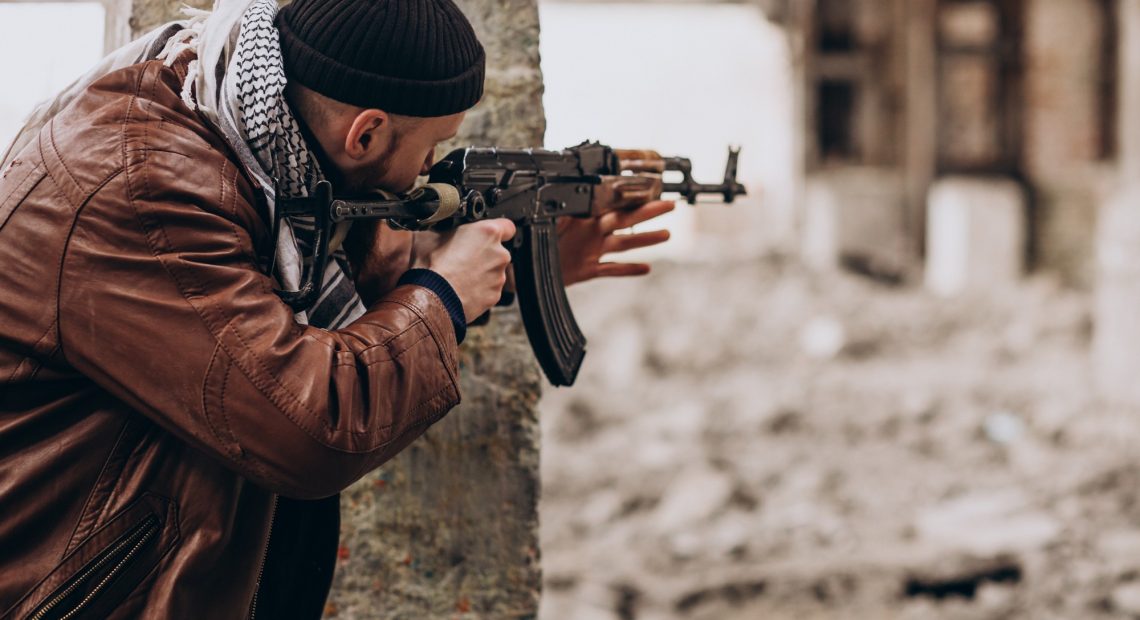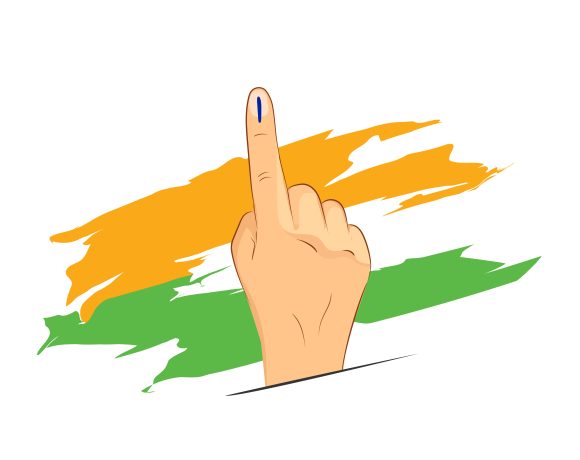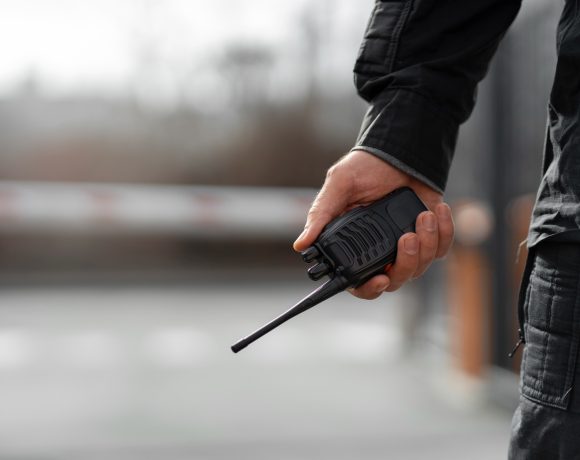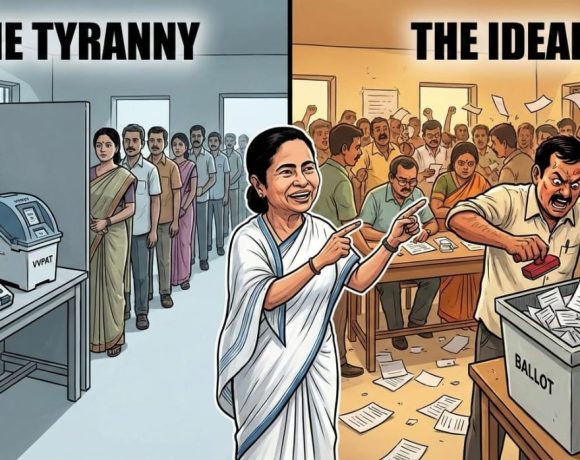
Ex-Pak Para Commando Led Pahalgam Massacre: Probe
The recent investigation into the Pahalgam massacre, where 26 civilians, including 25 Indian nationals and one Nepalese citizen, were brutally gunned down, has revealed a chilling link to Pakistan’s military establishment. Intelligence reports have identified the mastermind as Hashim Musa, a former Pakistani Special Service Group (SSG) para commando, now operating under the terrorist group Lashkar-e-Taiba (LeT).
According to findings, Musa was specifically deployed to Jammu and Kashmir to target non-local civilians and security forces. Officials believe that he was “loaned” to Lashkar-e-Taiba by Pakistan’s military, signaling a deep and deliberate collaboration between Pakistan’s armed forces and terror outfits. The SSG, known for training soldiers in guerilla warfare and counterinsurgency, has long been suspected of unofficially aiding terror groups, and this latest incident has added fresh evidence to those suspicions.
Musa’s terror trail is not limited to Pahalgam. He has been previously linked to attacks in Gagangir, Ganderbal, and Buta Pathri, Baramulla in October 2024, where multiple civilians and security personnel were killed. Though his accomplices in those incidents were neutralized, Musa managed to evade capture and continued to orchestrate deadly operations. Intelligence agencies have further uncovered the role of local overground workers (OGWs) who assisted Musa with logistics, planning, and reconnaissance. At least fifteen individuals are now under scrutiny for abetting the terror activities linked to the massacre.
Authorities believe the scale and precision of the Pahalgam attack were made possible due to Musa’s extensive military training, allowing him to evade detection and execute a large-scale assault with brutal efficiency. His background as an ex-para commando raises alarming concerns about the continued use of professional soldiers in proxy wars waged by Pakistan against India.
The involvement of Lashkar-e-Taiba, a Pakistan-based terror outfit with a long history of cross-border attacks, has once again highlighted the persistent threat faced by India. Experts warn that the use of highly trained former military personnel marks a dangerous evolution in the nature of terrorist threats emanating from across the border.
India has responded to the massacre with strong diplomatic measures, including cutting down bilateral engagements and suspending water sharing agreements. Global powers have expressed concerns over the rising tension but have stopped short of holding Pakistan directly accountable, despite mounting evidence of its military’s role in sponsoring terrorism.
The revelations around Hashim Musa’s involvement underline the urgent need for a coordinated international effort to address state-sponsored terrorism and strengthen global security frameworks to prevent such massacres in the future.


















